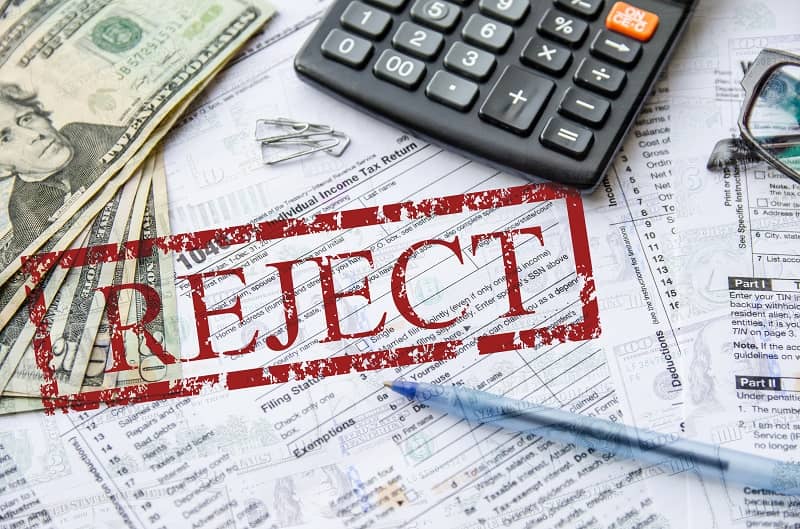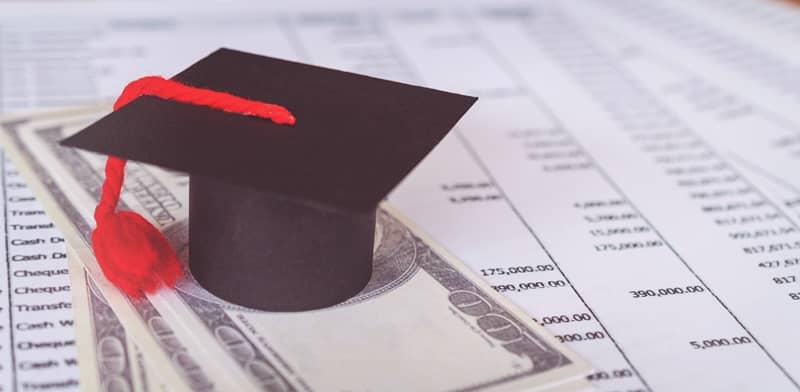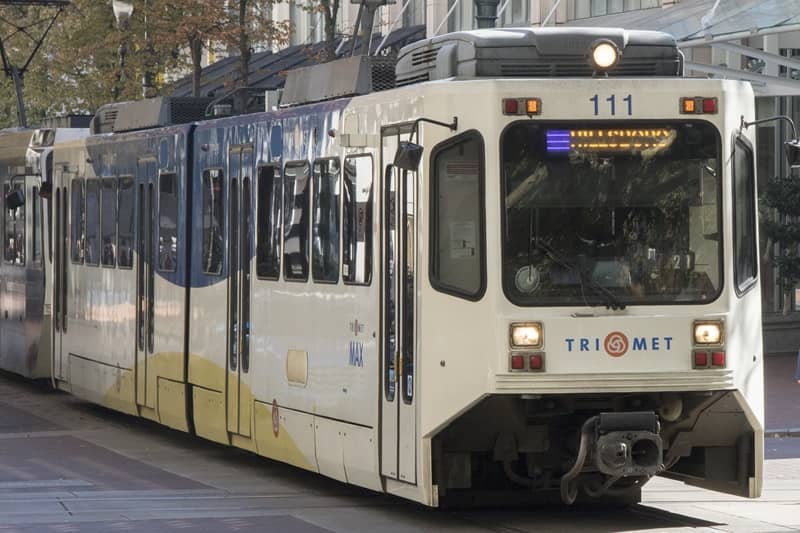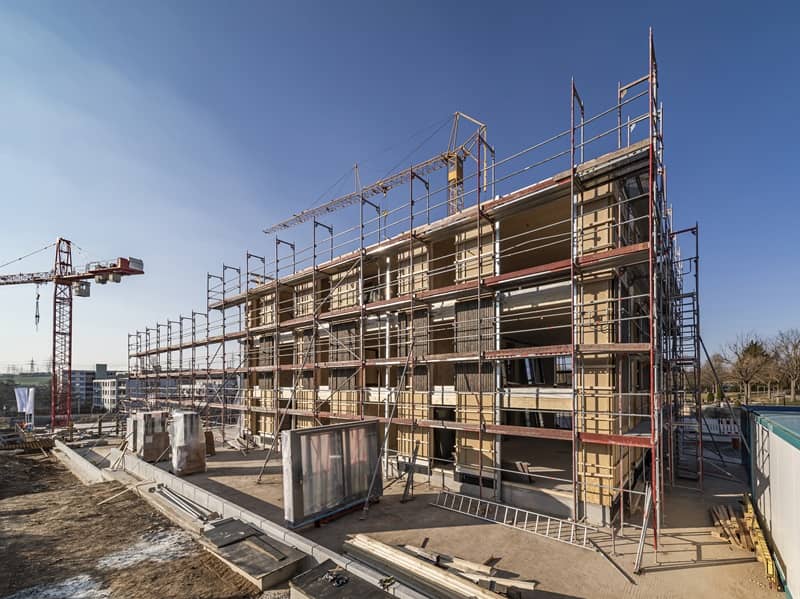 Before the Senate Finance and Revenue Committee
Before the Senate Finance and Revenue Committee
on deleting the double majority voting requirement from certain property tax elections
Good morning Chair Deckert and members of the Committee. My name is Steve Buckstein. I’m Senior Policy Analyst and founder of Cascade Policy Institute, a Portland-based think tank.
There’s no one right way or wrong way to hold an election in a democracy. Clearly, some limitations on pure majority rule are both acceptable and appropriate under our form of government. In 1996 Oregon voters approved a Constitutional amendment that requires a 3/5 majority in both houses of this legislature to pass revenue-raising bills.1 This is a recognition that imposing taxes is a serious matter and should not be done without a supermajority of the people’s legislature approving.
Oregonians also voted in 1996 and in 1997 to place the so-called double majority requirement on certain property tax elections into the Constitution.2 In 1998 voters rejected an attempt by the legislature to repeal it.3 So the bill before you today is asking Oregonians to reverse a decision they’ve already made three times before.
Why do some people think that the double majority is somehow undemocratic? Its very name may lead to some confusion. It may incorrectly imply that a supermajority of voters is required for certain tax measures. In fact, the opposite is true.
If only fifty percent of registered voters participate in a given election, and if just fifty percent plus one of those voters approve a property tax measure, simple math tells us that a mere 25 percent of all registered voters can impose that tax on all property owners in the jurisdiction. They can also, in effect, impose that tax on all renters too, since landlords usually pass taxes on to their tenants in the form of higher rents.
So, the double majority rule might just as accurately be called the 25 percent rule, because it allows taxes to increase if only 25 percent of all registered voters approve a given tax increase.
Before the rule was in place, taxes could be imposed by a mere 20 percent, or 10 percent or even a smaller percentage of all registered voters. Now, it takes at least 25 percent of all registered voters to impose a property tax in other than a general election.
Looked at this way, the double majority rule isn’t flawed because it places the bar too high, but because it places the bar too low.
Rather than repeal this rule, it might be more “democratic” to strengthen it, perhaps by requiring a majority of all registered voters to impose a tax.
If Oregonians were given such a choice versus repealing the double majority, the result might disappoint certain special interest groups far more than the rule itself ever has.
Thank you for listening, and I’ll be happy to answer any questions.
Listen to the entire hearing. My testimony, including questions from legislators and my responses, begins at 18:18 into the hearing.
Endnotes
1 Measure 25 in May, 1996
2 Measure 47 in November, 1996 and Measure 50 in May, 1997
3 Measure 53 in May 1998











